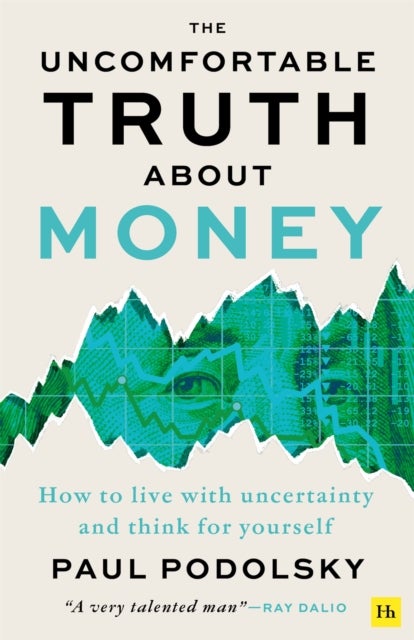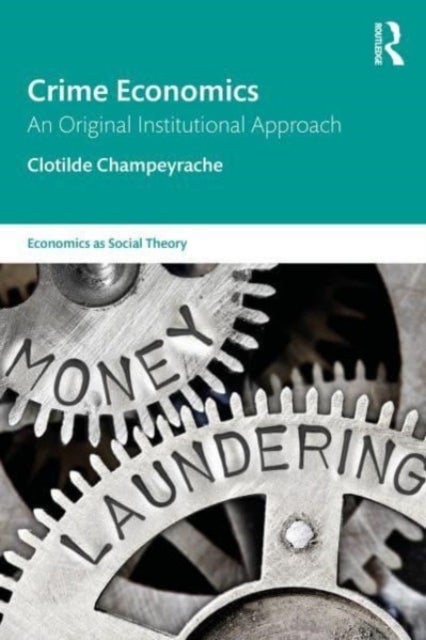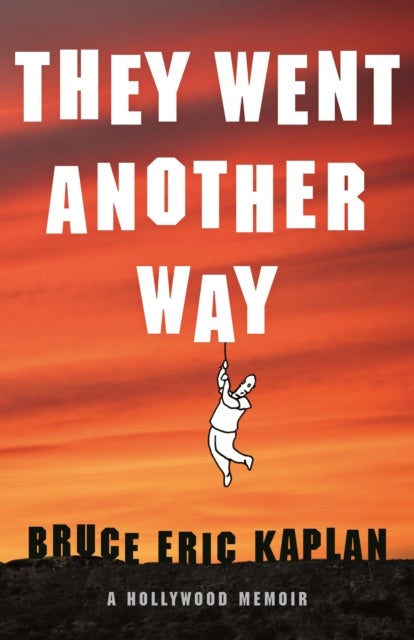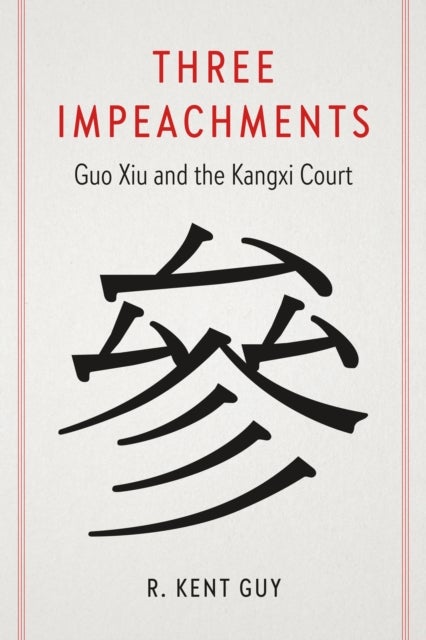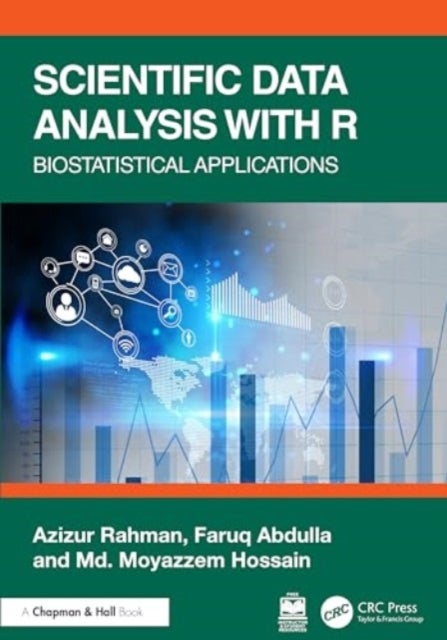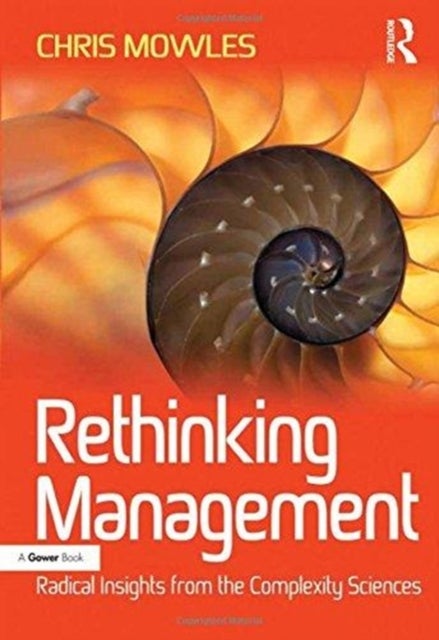
Rethinking Management av Chris (University of Hertfordshire UK) Mowles
689,-
What do business school graduates learn, and how helpful is it for managing in the everyday, messy reality of organisations? What does it mean to apply ''best practice'', or to take up ''evidence-based management'' and what kind of thinking does this imply? In Rethinking Management, Chris Mowles argues that many management courses still largely assume a linear and predictable world, when experience tells us that the opposite is the case. He questions some of the more orthodox conceptual assumptions that underpin much management education and instead, encourages leaders and managers to take their everyday experience of working with others seriously. People in organisations co-operate and compete to get things done, and constrain and enable each other in relationships of power. Because of this there are always unintended consequences of our actions - uncertainty is inherent in the everyday. Chris Mowles draws on the complexity sciences, the sciences of uncertainty rather than certainty,

